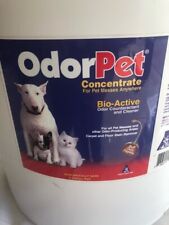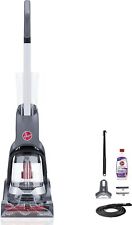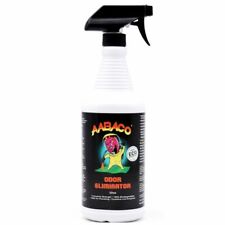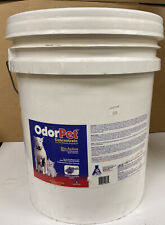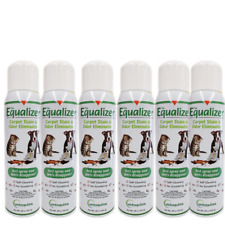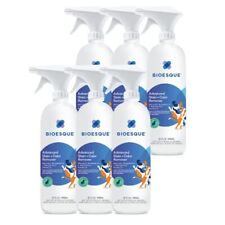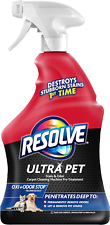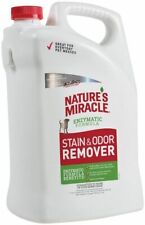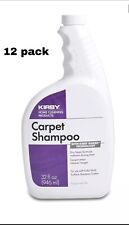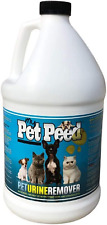Diet Supplementation for Caged Birds

Commercial bird diets advertised as "complete" or "balanced" are, therefore, not truly scientifically formulated. These diets are the result of breeding successes or have been derived from poultry diets.
Caged birds should be given vitamin supplements because of the uncertainties in their nutritional requirements. Powdered vitamins can be sprinkled over fruits, vegetables and other table food items to which the powder will adhere. Do not sprinkle powdered vitamins over seeds. Powders do not adhere to dry seeds and end up on the bottom of the food cup. Furthermore, birds do not eat the seed hull, to which the powder may adhere.
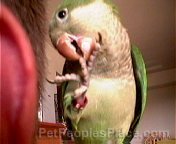
A water-soluble vitamin should be added to the drinking water and replenished with each water change. Do not distribute liquid vitamins over seeds because they can cause the seeds to become rancid. If liquid vitamins are used, the water container should be scrubbed out thoroughly and changed 1-2 times daily because vitamin preparations tend to promote bacterial growth. Vitamin supplements intended for birds must contain Vitamin D3 because this is the only form of Vitamin D that can be used by birds.
As with the vitamin preparations, the mineral supplements represent an ‘insurance policy’ in case your bird’s diet is lacking in 1 or more of these trace nutrients. Mineral supplements are especially important for egg-laying birds to replenish the minerals used in forming egg shells.
Additional sources of minerals may be offered to caged birds when needed. Cuttle bone and oyster shell may be offered to smaller caged birds. Oyster shell and mineral blocks may be provided for larger caged birds.
Because birds do not have teeth, they do not chew their food. The gizzard functions to break up seeds and other food items so that they can be digested. Wild birds consume sand or tiny pebbles (grit) which pass into their gizzards and remain within this vascular organ to assist in the mechanical break-down of seeds and other firm foodstuffs.
Grit apparently is not absolutely necessary for proper digestion among hookbilled birds (parakeets, cockatiels, parrots). Hookbilled birds that have been fed grit for extended periods do not pass whole, digested seeds in their droppings. In fact, use of grit for these caged birds is controversial among aviculturists. Avian veterinary experts, however, are unanimous in their opinion that grit for hookbilled birds is unnecessary and may, in fact, create serious problems (grit impaction and intestinal blockage) when consumed in large amounts.
This is most likely to occur during periods of illness. For this reason, grit need not be given to hookbilled caged birds, but it should be provided for passerine-type caged birds (finches, canaries). Owners of finches and canaries, however, should be vigilant and remove the grit from the cage at once if illness is suspected.

